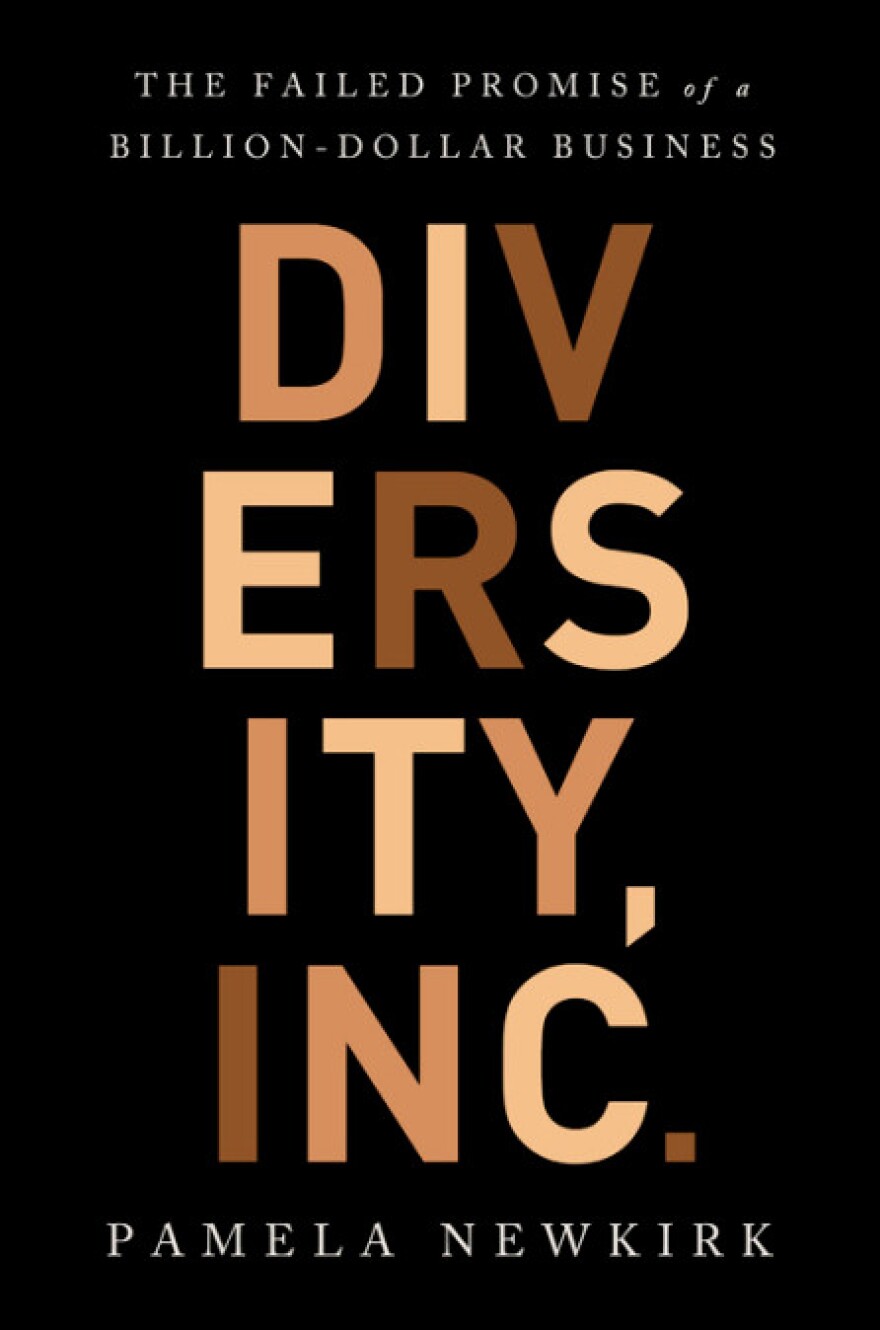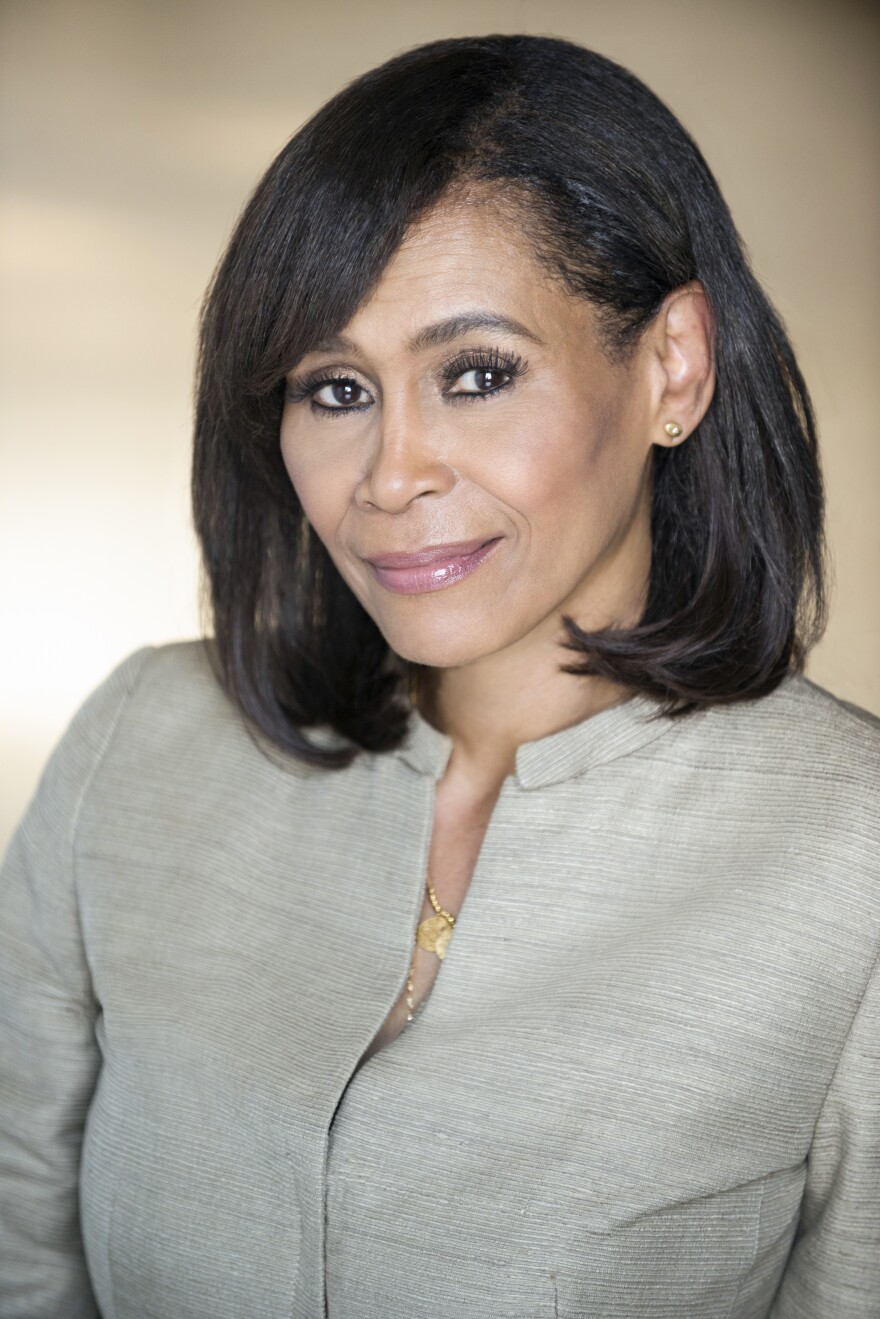In the 1960s, President Lyndon B. Johnson ushered in new legislation meant to help level the playing field for African Americans who were being largely left behind because of poverty, lack of education and lack of political power. The efforts began to work, but nearly 60 years later newsrooms remain mostly white, tenured university professors remain mostly white, and Hollywood and fashion industries remain mostly white.
With the latest corporate buzzwords being “diversity and inclusion” and billions being spent annually in an attempt to be diverse, one must ask: Is it working? Pamela Newkirk is a Pulitzer Prize-winning journalist, professor of journalism at New York University and author of “Diversity, Inc: The Failed Promise of a Billion-Dollar Business” (Bold Type Books/2019).
She joins host Frank Stasio to talk about her book and how racism is such a part of this nation’s fabric that it often thwarts diversity efforts. Newkirk will look back from President Johnson’s sweeping reform to Prada’s black face figurines to separate the rhetoric of inclusion from actual diversity and inclusion. Newkirk will be at Flyleaf books in Chapel Hill on Monday, Oct. 28 at 7 p.m.
INTERVIEW HIGHLIGHTS
On the results of diversity and inclusion efforts:
For all of the billions that are spent annually on diversity, we’re not seeing a relative change in the proportion of people of color — particularly African Americans and Latinx people — in the workplace. And that’s particularly true in the most influential fields.
On a multimillion-dollar suit that Coca Cola settled in 2000:
At the time [the Coca-Cola case] was a landmark settlement in a discrimination, class-action lawsuit. There were very few African Americans in management. There were a lot of glaring disparities along racial lines when it came to hiring, promotions, bonuses.

On why diversity training is failing:
A lot of the bias we see in society, it’s not overt racism. It’s not people who are intentionally discriminating against a group. What there is is this kind of insidious bias that plays out that’s rooted in centuries of demeaning stereotypes about people.
On some of the things needed to encourage diversity and inclusion:
It takes many things. It takes having a network that is broader than it typically is. In many of these overwhelmingly white institutions, the reason why the applicant pool is so exclusionary is because it’s reflecting the social worlds. It’s reflecting the professional worlds of the people who already work there … There are so many ways we can change, but we can not do it unless we first seriously look at what we’ve done and how it hasn’t worked. And then look at some of the initiatives that have worked.
On the Rooney Rule requiring NFL teams to interview minorities for head coaching and senior management jobs:
The Rooney rule was adopted by the NFL after there was a study by [civil rights attorney] Cyrus Mehri and the late Johnnie Cochran looking at the football league, which I think at the time had 70 percent African American players, but very few of the coaches or front office jobs were held by people of color. This Rooney rule was adopted as a way of kind of breaking the cycle of exclusion.




